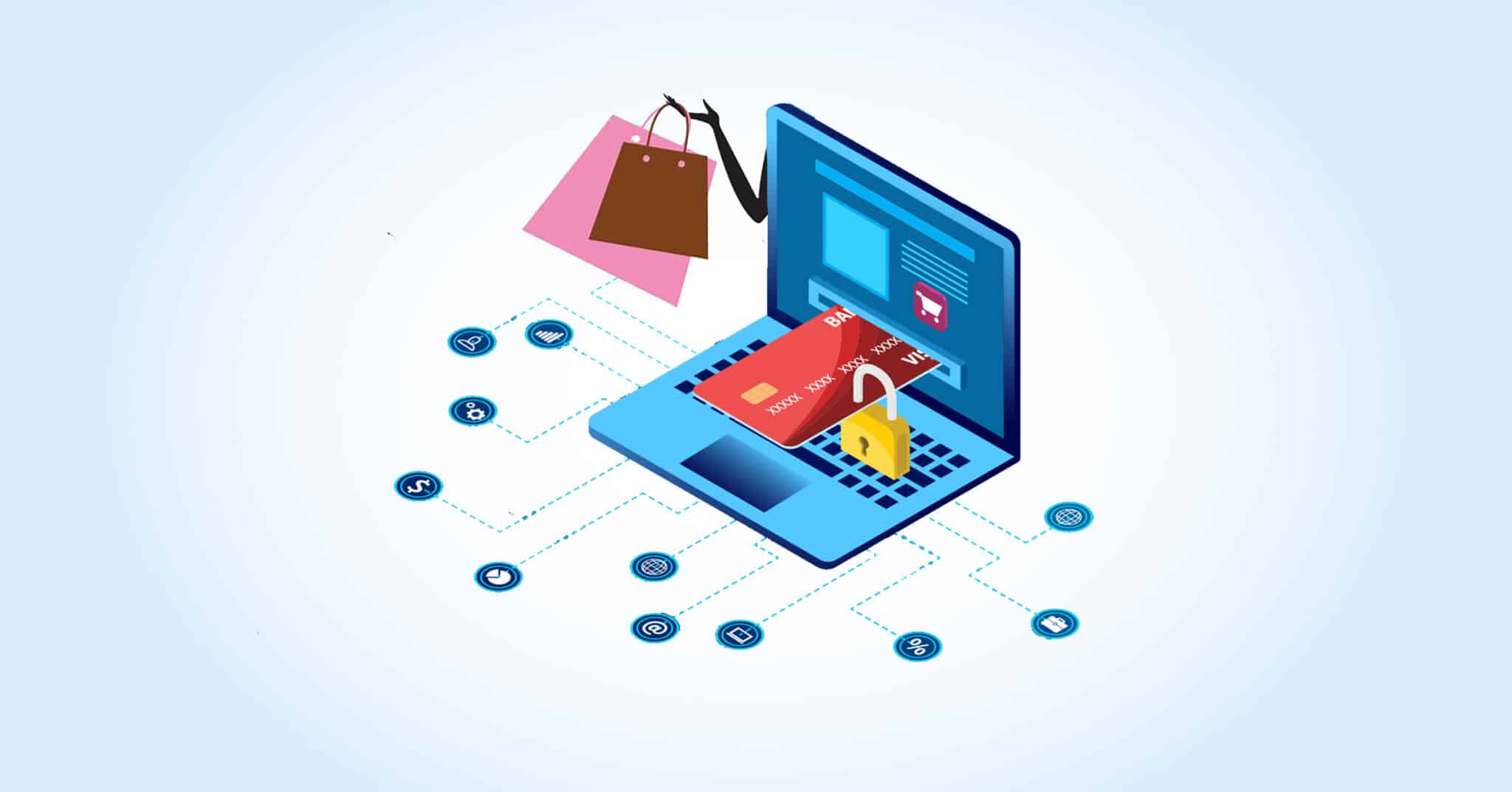With the power of the internet, you can order everything from groceries to gadgets in just a few clicks. Online shopping has indeed revolutionised the way we shop, making it more convenient and accessible than ever. No more braving the traffic, waiting in long checkout lines, or lugging around heavy bags. But before you dive headfirst into the world of e-commerce, it’s crucial to be mindful of the potential risks that come with it. Protecting your finances while shopping online should be a top priority. Here we’ll discuss some practical tips to keep your financial information safe and ensure a secure online shopping experience.
Shop from Trusted Websites
When you’re shopping online, it’s essential to stick to well-established and trusted websites. Reputable online retailers have security measures in place to protect your personal and financial information. Look for popular online marketplaces like Amazon, eBay, or official websites of well-known brands.
Use Strong Passwords
Create strong, unique passwords for each online shopping account you have. A strong password typically includes a combination of uppercase and lowercase letters, numbers, and special characters. Avoid using easily guessable information like your name, birthdate, or “password” itself. Consider using a password manager to keep track of your login information securely.
Enable Two-Factor Authentication
Two-factor authentication (2FA) adds an extra layer of security to your online shopping accounts. This usually involves receiving a text message or email with a verification code when you log in. Even if someone gets hold of your password, they won’t be able to access your account without the verification code.
Be Cautious of Phishing Scams
Phishing scams involve deceptive emails or websites that appear legitimate but aim to steal your personal information. Be cautious of unsolicited emails asking for your login credentials or financial details. Always double-check the sender’s email address and verify the website’s URL before providing any information.
Update Your Software
Regularly update your operating system, web browsers, and anti-virus software. These updates often include security patches that protect your system from vulnerabilities that cybercriminals might exploit.
Use Secure Payment Methods
When making a purchase, opt for secure payment methods like credit cards or trusted online payment services (e.g., PayPal). Credit cards provide an extra layer of protection because you can dispute unauthorised charges, and many offer fraud protection. Avoid using debit cards for online shopping, as they are directly linked to your bank account.
Shop on Secure Websites
Check for a secure connection when you’re about to enter your payment information. Look for “https://” in the URL and a padlock icon in the browser’s address bar. These signs indicate that your data is encrypted and safe from prying eyes.
Be Wary of Public Wi-Fi
Avoid shopping online when connected to public Wi-Fi networks. These networks are often less secure, making it easier for hackers to intercept your data. If you must shop while on the go, consider using a virtual private network (VPN) to encrypt your internet connection.
Review Your Statements
Regularly review your bank and credit card statements for any unauthorised or suspicious transactions. The sooner you spot a problem, the faster you can take action to resolve it.
Use Guest Checkout
If you’re concerned about creating accounts on various websites, many online stores offer guest checkout options. With guest checkout, you can make a purchase without saving your personal information on the website.
Scan QR Codes Carefully
Always remember that when using QR codes, you should never scan untrusted codes. Additionally, avoid scanning QR codes for refunds or money receipts. QR codes are primarily designed for sending money, not receiving it. Stay vigilant to protect your digital assets.
Online shopping is undoubtedly convenient, but it’s vital to prioritise the safety of your finances while enjoying the benefits of e-commerce. By following these tips, you can reduce the risk of falling victim to online scams and protect your financial information. Safe online shopping starts with being informed and cautious, so make these practices a part of your online shopping routine to ensure a secure and enjoyable experience.
